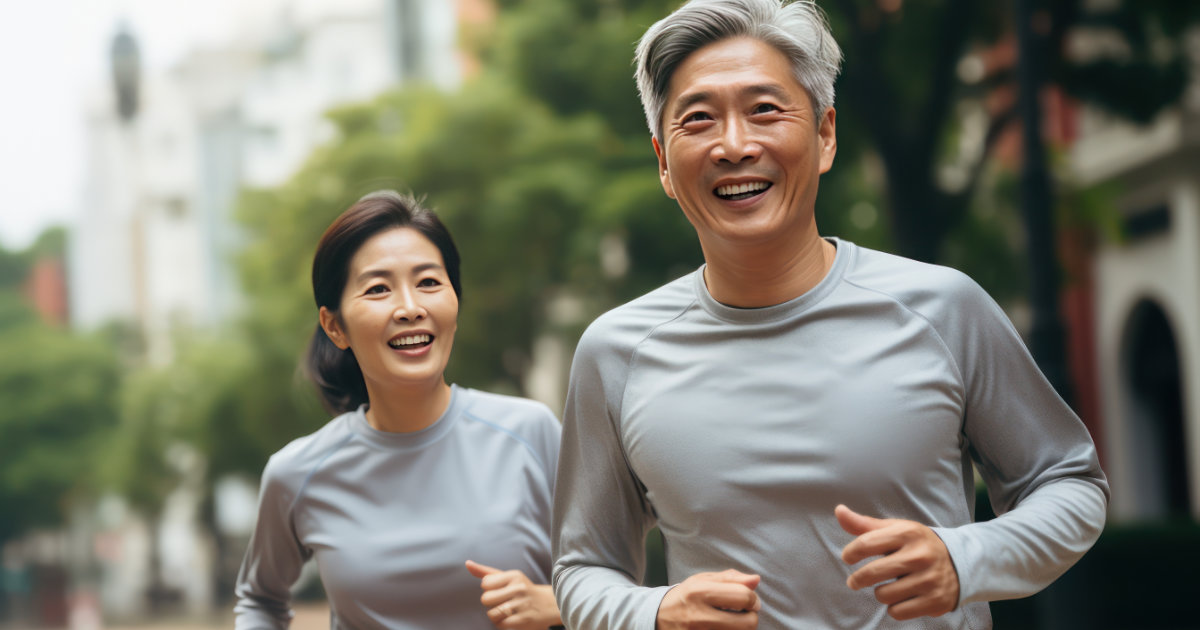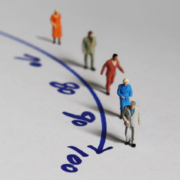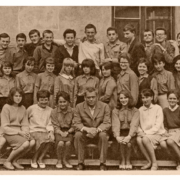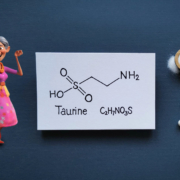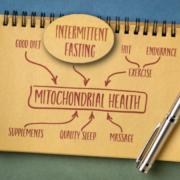How Exercise Affects Aging
If a headline says, “exercise could make you age faster,” you know I absolutely must read it. There were a variety of commentaries on an unpublished study by Scandinavian researchers who won the Finnish national sports medicine prize; an advanced copy was published in PUBMED.
Researchers used data collected from an ongoing twins study with close to 23,000 twins who were 18 to 50 years old when the study began in 1975. The variables they used were leisure-time physical activity (LTPA) collected via questionnaires, self-reported height and weight, smoking and alcohol use, as well as education level. The data were collected from one to three times on the subjects; researchers also collected blood samples on 1,153 twins over the years as well. They gathered the samples to determine biological measures of aging using epigenetic clocks, biochemical tests that can be used to measure age. Their primary outcome measure was mortality, both in the short term and long term.
What did they find? As I would have expected, as LPTA levels increased, all-cause mortality decreased. But was it as simple as that? That doesn’t fit the headline. There’s more, and I’ll cover it on Saturday.
Speaking of what I’ll cover, on tomorrow’s Insider conference call the topic will be V.O.M.I.T. as well as answering your questions (including what V.O.M.I.T. is). You don’t want to miss this one, so give yourself a healthy Christmas gift and become an Insider by tomorrow at 8 p.m. ET.
What are you prepared to do today?
Dr. Chet
Reference: https://doi.org/10.1101/2023.06.02.23290916

